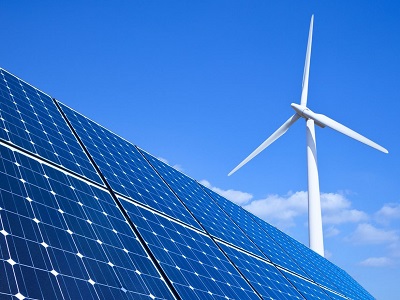Blog post by Bloomberg New Energy Finance (BNEF) published November 29, 2017
In recent times, the world has experienced an exponential increase in solar-powered generating capacity, especially in emerging markets such as China and India. The reasons for this rapid development exists due to low-priced equipment and improved technologies now reaching millions of people. As reported by Bloomberg New Energy Finance, solar capacity grew by 54% year-on-year, and over a three-year period it has more than tripled. The capacity rate achieved during 2016 alone would in fact meet the electricity demands of 45 million households, or cover the demands for each family in a country such as Peru. As may be expected, China has the lion’s share of the increased capacity with an additional 27 GW. However, India qualify themselves as number two in this race with an added 4.2 GW during 2016. Countries such as Mexico, Brazil and Pakistan doubled their installed solar-powered capacity.
Despite the fact that general growth is at an all-time high, looking country-by-country (at non-OECD nations) and how they score in the Climatescope used by Bloomberg New Energy Finance, another side to the story is given. Based on 43 data indicators and 179 sub-indicators, the industry research firm determines scores for each nation on a 0-5 basis and then ranks them. Overall, the average country score fell yearly since the survey first started four years ago. Compared with China, which scored 2.52, Georgia (that made it for the first time into the survey this year) scored 1.11 and ranked 41 out of 71 nations. More about how Georgia scored and how the ranking differentiated depending on different parameters can be found here. A summary of the Bloomberg blog post can be found here.











